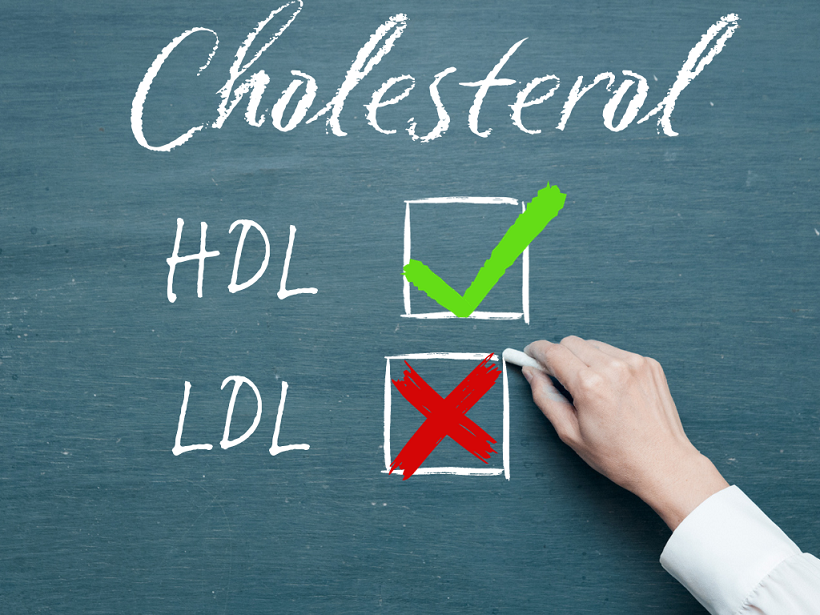Setting Realistic Goals for a Great Year
As we find ourselves in 2024, it's the perfect time to reflect on the past and look ahead to a fresh start. One of the most meaningful gifts you can give yourself is the commitment to a healthier and more fulfilling life. Along with the common goal of weight loss, think about embracing a lifestyle that nurtures your well-being. So, let's embark on this journey together, with a positive mindset. Define Your Why Understanding the reasons behind your health goals is essential for long-term success. Ask yourself why these goals matter to you. It could be improving your energy levels, reducing stress, longevity, or simply feeling more confident in your own skin. Your "why" will be your anchor during challenging times, reminding you of the greater purpose...












